During the Iran-Iraq War, from 1980 to 1988, thousands of Iranian Baha'is went to the front alongside their compatriots. Dozens of them were killed, wounded or captured. The Islamic Republic is reluctant to acknowledge them alongside other victims of the conflict – those were killed are officially termed “martyrs” of the war.
A continuing series of IranWire articles looks at the Baha’is who died as a result of this conflict. If you know any Baha’is who were killed during the Iran-Iraq war, and have a first-hand account of their lives, please contact us.
Soroush Sadeghi was born in 1962 to a Baha’i family in the village of Chenar, Abadeh county, in Fars province. After finishing his primary education, he stopped going to school and started working with his father in their village. At the time, there were no high schools in or near their village and the Sadeghi family could not afford to send their son to a larger city to continue his education. Soroush lived with his family in the village of Chenar until he was drafted into the army.
Enayatollah Sadeghi, Soroush’s father, was a teacher in the village for six years until he was dismissed because of his Baha’i faith. This was not an isolated event but part of an anti-Baha’i campaign that had been incited by a cleric named Mohammad Taghi Falsafi who, every day at noon during the holy month of Ramadan in 1955, delivered sermons on national radio and used his platform to incite popular hatred against the Baha’is.
Falsifi’s sermons led to widespread mob attacks on Baha’is, their properties and their places of worship across the country. Murders, rapes and robberies were reported in many areas. In some places, like Abadeh in Fars province, and Ardestan in Isfahan, Baha’is were forced out of their homes, which were sometimes set on fire, causing the Baha’is to flee for their lives and to hide in the mountains or in underground water aqueducts or even under piles of straw and hay.
On May 17, 1955, the Minister of the Interior announced in Iran’s Parliament that the Government had issued orders for the suppression of the so-called “Baha’i sect”. General Teymour Bakhtiar, the military governor of Tehran, ordered the destruction of the Baha’i Center in Tehran.
Like other Baha’is in the area, the Sadeghi family were harassed and Enayatollah lost his job. But they loved their native village and brought up their son in Chenar there.
This wave of violence against the Baha’is subsided for a time – but then came the 1979 Islamic Revolution.
After he reached drafting age, Soroush entered military service. Iraq had invaded Iran and, like other Iranians, he wanted to defend his country. Soroush also felt that his religious beliefs called for him to serve his country, despite the fact that, in the early 1980s, harassment of Baha’is, especially Baha’i villagers who were more vulnerable and had less voice in society, had started in full force.
But this did not deter Soroush and many other young Baha’is from serving in the military. He served as an army private on the front for 22 months until he was killed in action.
On July 9, 1984, when he had only 70 days before the end of his two-year tour of duty, Soroush Sadeghi was killed by mortar shrapnel that struck him in the head. His unit was 35 kilometers from the port city of Khorramshahr at the time, near the river Shatt al-Arab. Soroush was kept for a few days at a hospital in Ahvaz, the provincial capital of Khuzestan, and was then sent to Abadeh. He was 21 years old.
On July 19, 10 days after Soroush was killed in action, the Martyrs Foundation informed his family that their son had been killed in action. The foundation initially wanted to bury Soroush according to Islamic rites in Shiraz Cemetery but his father did not agree.
The foundation, which is intended to protect the legacy of those killed in the war, also known as the “Sacred Defense”, and to care for the families of these martyrs, could not consent to Baha’i burial rites.Nor could the foundation bury Soroush without the consent of his parents. Officials asked the central government for instructions and were told to hand over Soroush’s remains to his family.
Eventually, at 6pm on July 19, Soroush Sadeghi’s body was delivered by the Martyrs Foundation to his father and, that same night, the family buried him in a local Baha’i cemetery according to Baha’i rites.
But after the burial, the Martyrs Foundation refused to grant the Sadeghi family any of the services and amenities it provided to other families. Soroush’s file was closed. Streets and alleys in the village of Chenar were named after war martyrs, many of whom were friends or neighbors of Soroush, but nothing was named after him. His name is also missing from websites or registers that list war martyrs.
One of the cruellest actions against the Sadeghi family was the confiscation of their properties. As part of the ongoing persecution of Baha’is in Iran, their properties and assets were confiscated in 1984, the same year they had buried their son, and as the war with Iraq was still raging.
In 1987, three years after the martyrdom of Soroush Sadeghi, his family received a certificate signed by Ali Khamenei, president of the Islamic Republic at the time, awarding them a Martyr’s Medal “in appreciation of the self-sacrifice and the bravery shown by Private First-Class Soroush Sadeghi towards the glory of Islam, the defense of the Tevolution and the safety of his country”.
But even after this letter from Khamenei, the foundation refused to recognize Soroush Sadeghi as a war martyr because it believes that a Baha’i cannot be accepted as as such, even though he gave his life for his country.
visit the accountability section
In this section of Iran Wire, you can contact the officials and launch your campaign for various problems




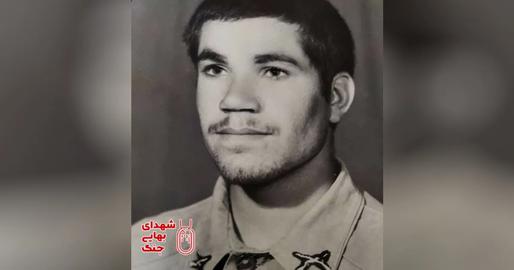


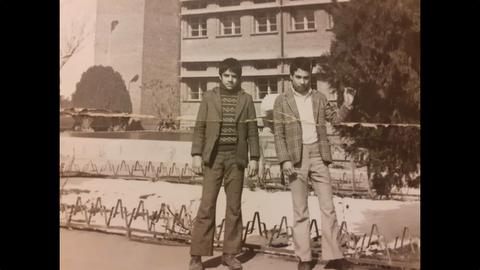
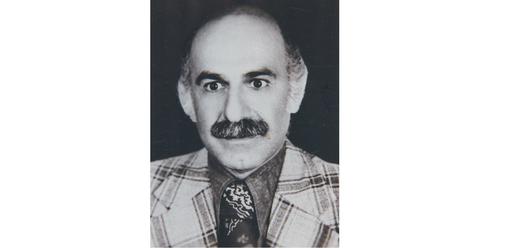
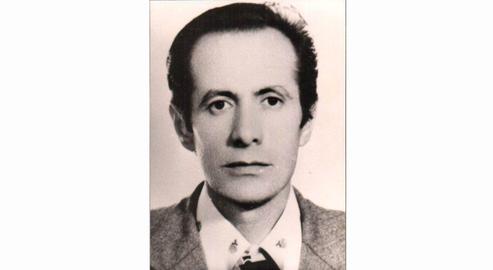
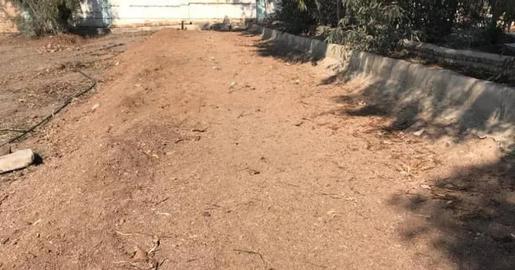
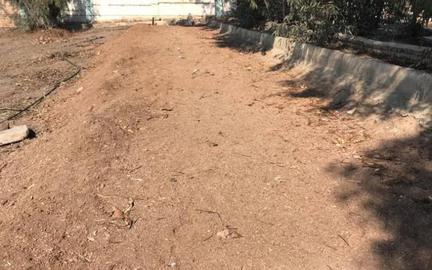

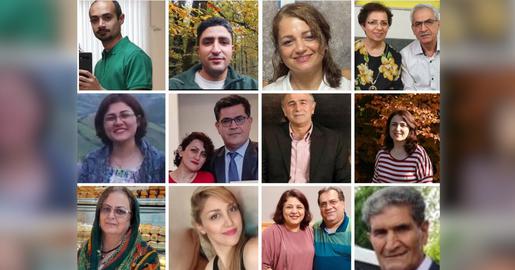
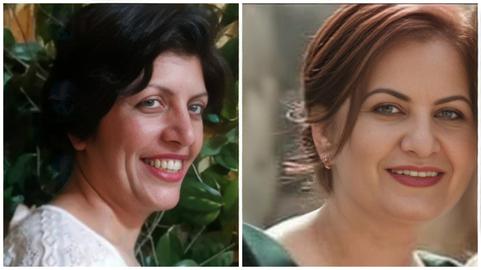
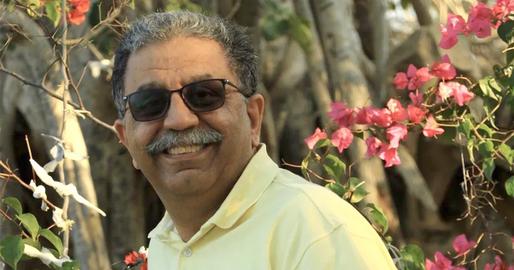



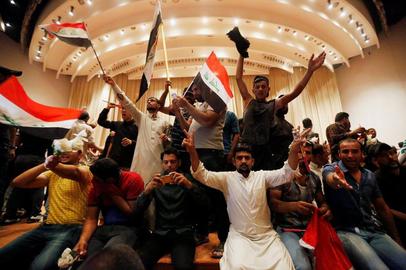
comments